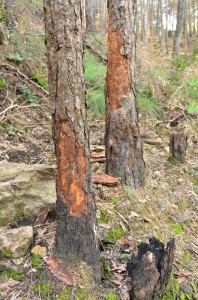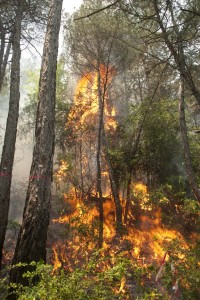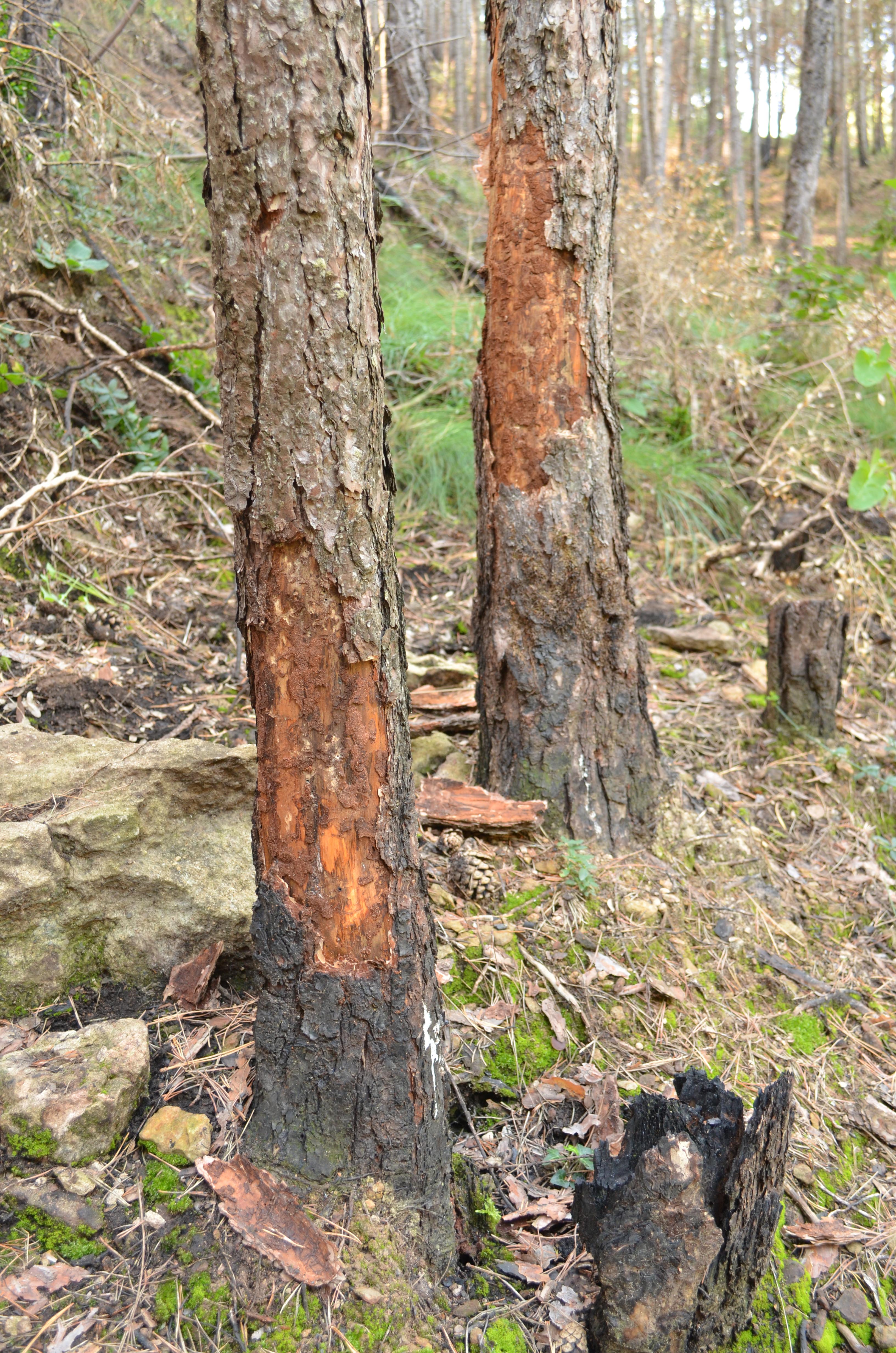
 Funding Agency: Programa Estatal de Investigación, Desarrollo e Innovación Orientada a los Retos de la Sociedad (MICINN, SPAIN)
Funding Agency: Programa Estatal de Investigación, Desarrollo e Innovación Orientada a los Retos de la Sociedad (MICINN, SPAIN)
Participating organizations: CTFC
Duration, from: 2019 to: 2021
PI: Piqué M., Casals P.
Subproject Researchers: Dr. Jordi Camprodon; David Guixé; Mario Beltran
Project goals:
Today, most forest ecosystems are subject to multiple disturbances that operate at various spatial and temporal scales and interact to some degree, either additively or synergistically. Although forest land management goals often include increasing ecosystem resistance, management options rarely consider mid-term potential effects from multiple threats such as wildfire, drought or pest. Therefore, the main goal of ForRes project is to contribute to the knowledge of how different management options such as prescribed burning, mechanical thinning or clearing contribute to increasing the mid-term resistance of pine forests against multiple stresses or disturbances.
Specific objectives of ForRes are:
1. To understand how management factors and composition and structure of the stand determine the recovery of understory and trees development in the midterm and condition the forest fire behavior and resistance to wildfires.
2. To evaluate how the midterm understory recovery after prescribed burning or mechanical thinning and clearing affects the water balance at stand and tree level.
3. To study the stand-level ecological effects of silviculture treatments to enhance wildfire and drought resistances, and underlying tree level physiological factors, on pine resistance to bark beetle attack.
4. To evaluate the role of silviculture treatments and the enhancement of specific faunal groups, such as bats and insectivorous birds, on processionary caterpillar outbreak.
Tacking advantage of different silviculture management experiences carried out in the context of several former research and transfer projects, ForRes will analyze the midterm effects of well documented treatments, elucidate the underlying physiological mechanisms at the plant level and use mechanistic simulations in order to understand the role of forest composition and structure on the midterm resistence against multiple treats. Such knowledge will help forest managers in the current context of global change, when management practices for ecosystem resilience are imperative.
